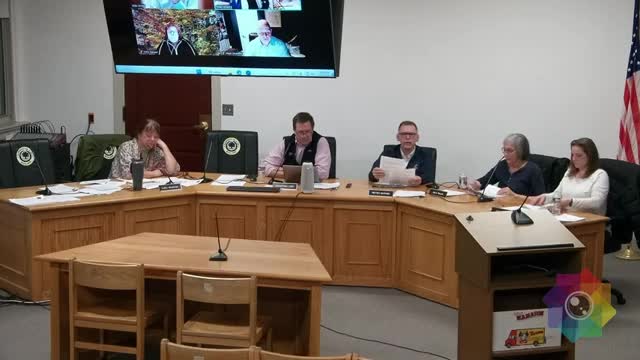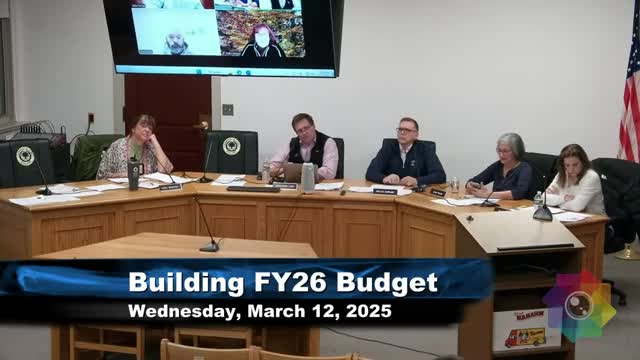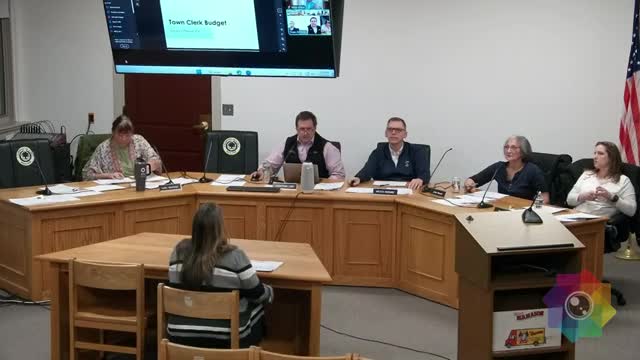Article not found
This article is no longer available. But don't worry—we've gathered other articles that discuss the same topic.

Votes at a glance: Finance Committee actions, March 12, 2025

Millis veterans office requests $48,000; town expects Chapter 115 reimbursements

Millis building commissioner seeks town vehicle; committee weighs reuse, mileage and decals

Millis town clerk presents staffing plan, mail‑in ballot surge and possible charter change

